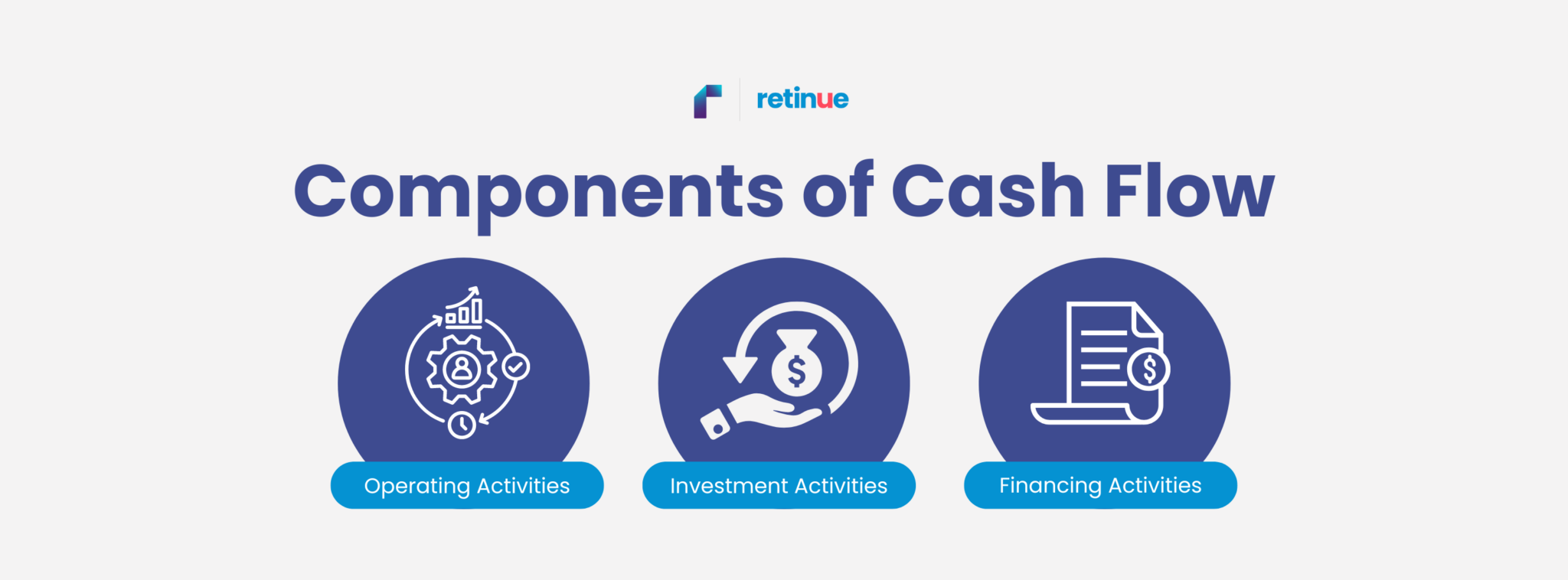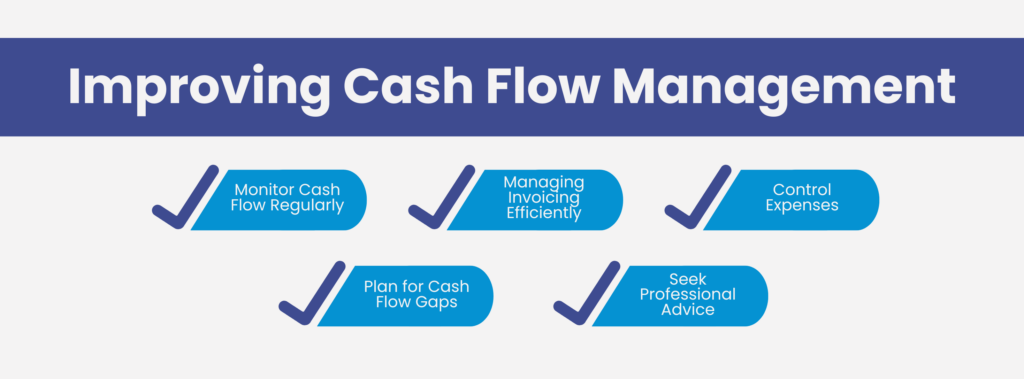
09 October 2024
Every business—no matter the size or industry—relies on one pivotal element for its survival: cash flow. It is the fuel that keeps the wheels turning, allowing you to pay your staff, cover operational costs, and invest in growth.
Without proper cash flow, even profitable businesses can face financial difficulties that could impact their operations and progress. Let’s break down what cash flow means and why it is considered the lifeblood of your business.
What is Cash Flow?
Cash flow refers to the movement of money in and out of your business over a specific period. It’s not just about profits or sales figures—it’s about when money comes in and goes out. Positive cash flow happens when more money comes in than goes out, which means your business can pay its bills, reinvest, and grow. Negative cash flow, on the other hand, indicates that you are spending more money than you are bringing in, which could lead to financial difficulties if not managed properly.
Why is Cash Flow So Important?
Think of cash flow as the lifeblood of your business. It ensures you have enough liquid assets to meet your short-term obligations: paying suppliers, employees, and operational expenses. Beyond the basics, maintaining a healthy cash flow allows your business to:
Without effective cash flow management, even profitable businesses can face significant hurdles. For instance, a company may show profits on paper but struggle to cover day-to-day expenses if the actual cash isn’t available when needed.
Without effective cash flow management, even profitable businesses can face significant hurdles. For instance, a company may show profits on paper but struggle to cover day-to-day expenses if the actual cash isn’t available when needed.
Components of Cash Flow
To understand cash flow better, let’s explore its three main components:

Understanding these components can help you pinpoint where your cash is coming from and where it’s going, making it easier to identify potential cash flow problems before they escalate.
The Danger of Ignoring Cash Flow
Ignoring cash flow can have serious consequences. A business might look profitable on the surface but still face insolvency if it doesn’t have the cash to pay its bills. This scenario is more common than you might think, often due to delayed customer payments, rising costs, or poor financial planning.
One way to avoid this is by regularly analysing your cash flow statement. This financial document provides a detailed look at your business’s inflows and outflows over a specific period, helping you understand your cash position and identify trends or challenges early on.
An Overview of Improving Cash Flow Management
While cash flow can seem complex, improving it often involves straightforward strategies. Here are some initial steps you can consider:

Understanding cash flow is more than just knowing where your money goes. It’s about strategically managing your business finances to ensure stability, growth, and resilience against unexpected challenges.
Need help managing your cash flow? Call us today at 1800 861 566 and let Retinue guide you towards financial success.
*Retinue’s (ABN 66 658 618 449) payroll service includes the processing of hours and wages rates provided by you. We do not determine award rates for your employees or provide advice on the correct employment status of your employees. It is your responsibility to ensure that your employees are paid correctly and we recommend obtaining advice from specialised employment relations experts.
Protection is only provided for ATO investigations notified to us during the period which you are a client and relating to any tax returns or lodgements prepared by us. Fines includes any penalties and interest that may result from any errors made by us but does not include any additional tax liability that may result from an amended lodgement.
Liability limited by a scheme approved under Professional Standards Legislation.
©2024 Retinue. All rights.